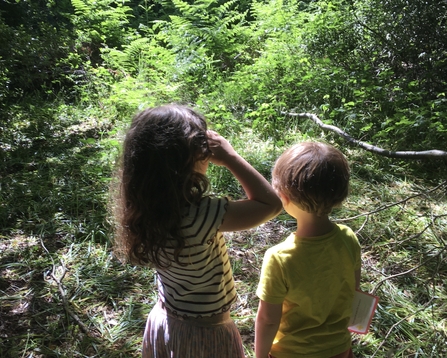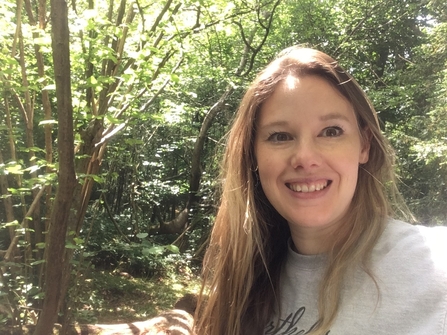The benefits of being a wild child
We turned to nature for the physical health benefits – but never expected the mental health ones.
My youngest child was six months old when, after a terrifying dash to A&E, he was diagnosed with multiple severe food allergies. It was an event which had a big impact on our everyday lives – affecting where and how we shop for food, where we sent him to nursery, how we organise play-dates and even where we go on holiday.
And of course we couldn’t help wondering why. Why was it that, for him, the most benign of household ingredients were potentially deadly?
One of the most common explanations for why a growing number of children are developing allergies is the ‘hygiene theory’. The idea that our modern lives are too clean. That we’re not exposed in infancy to enough bacteria to set up our immune systems properly. The myth that kids who grow up on farms don’t develop allergies does seem to be true.
Looking around our chaos-strewn home – it was hard to believe our house could ever be described as too tidy, too clean. But maybe, somehow, it was. And even though the causes of allergies are likely to be far more complex than just this, we decided to set about rewilding our lives.
Out went the alcohol hand gel and in came the probiotics and kefir. We swapped out harsh cleaning products and replaced them with plant-based alternatives. And more than anything, we embraced outdoor play like never before. Muddy wellies and waterproofs now adorned our doorstep, and the oldest child joined Sussex Wildlife Trust’s ‘Nature Tots’ forest school sessions. We never looked back.



